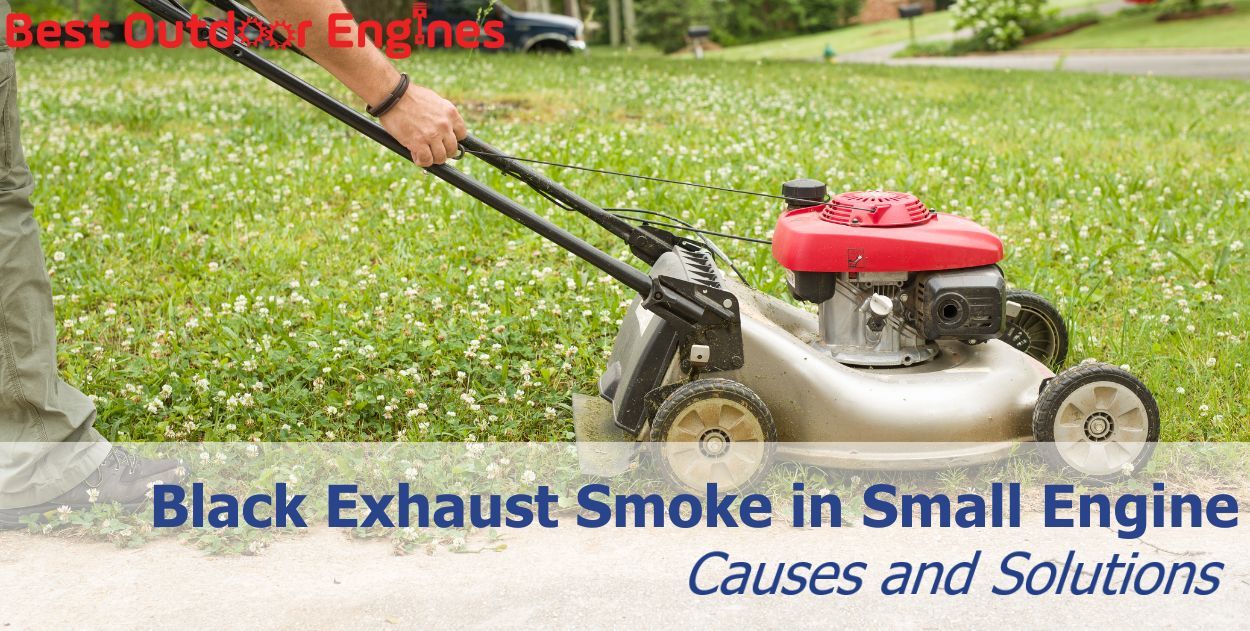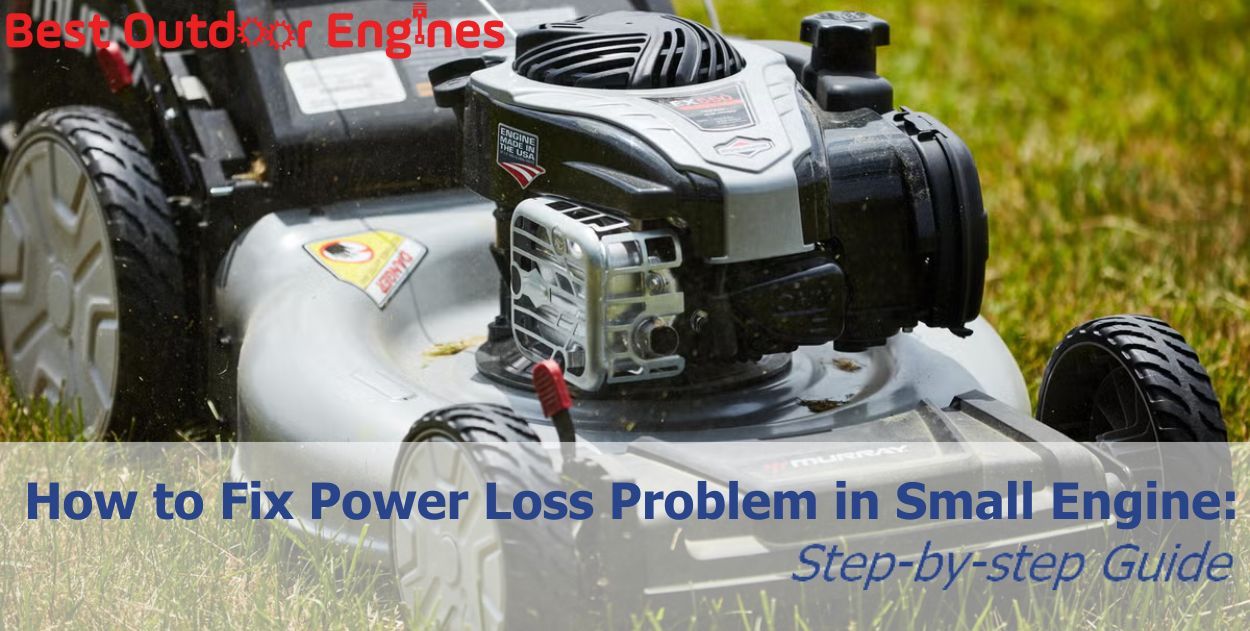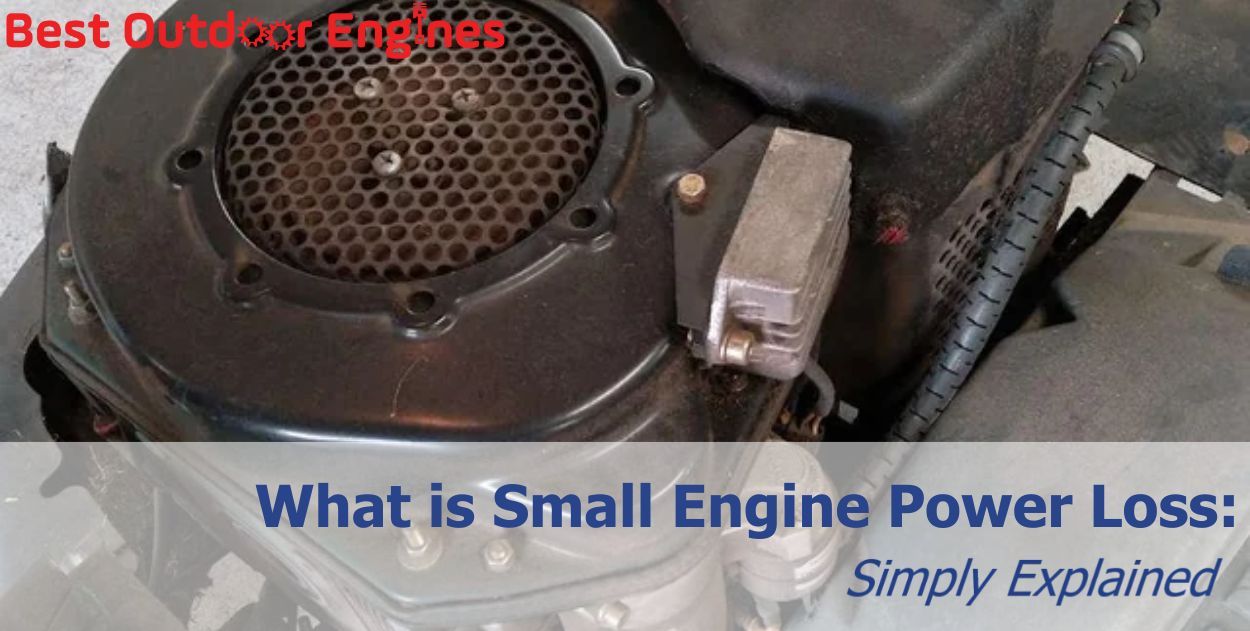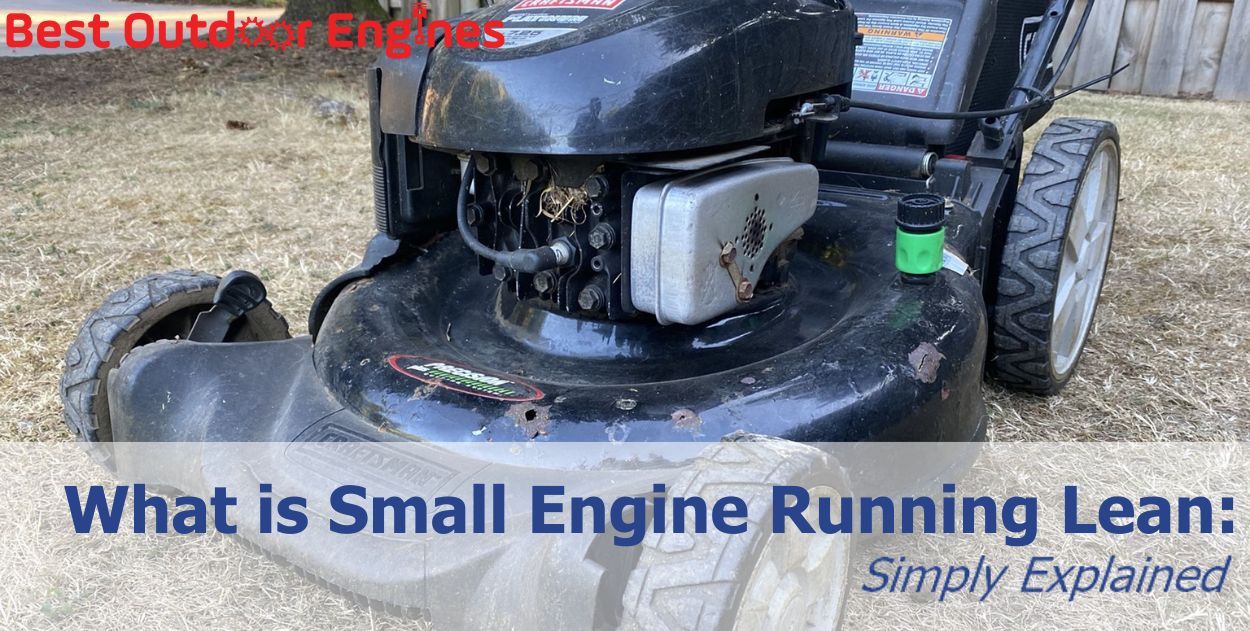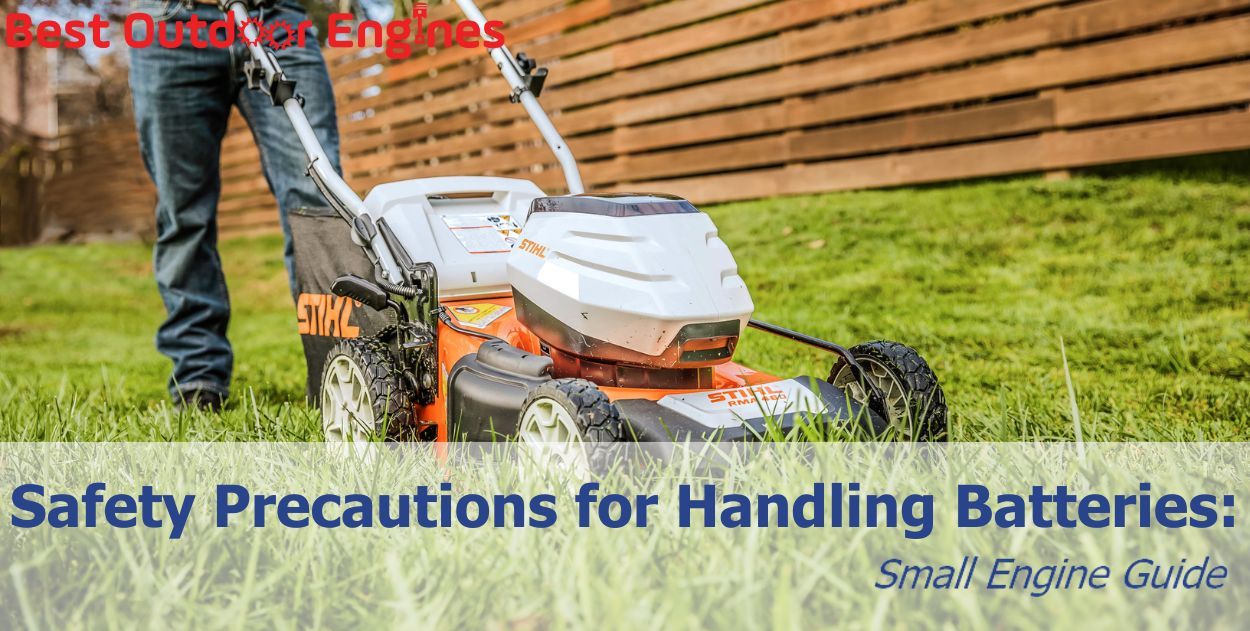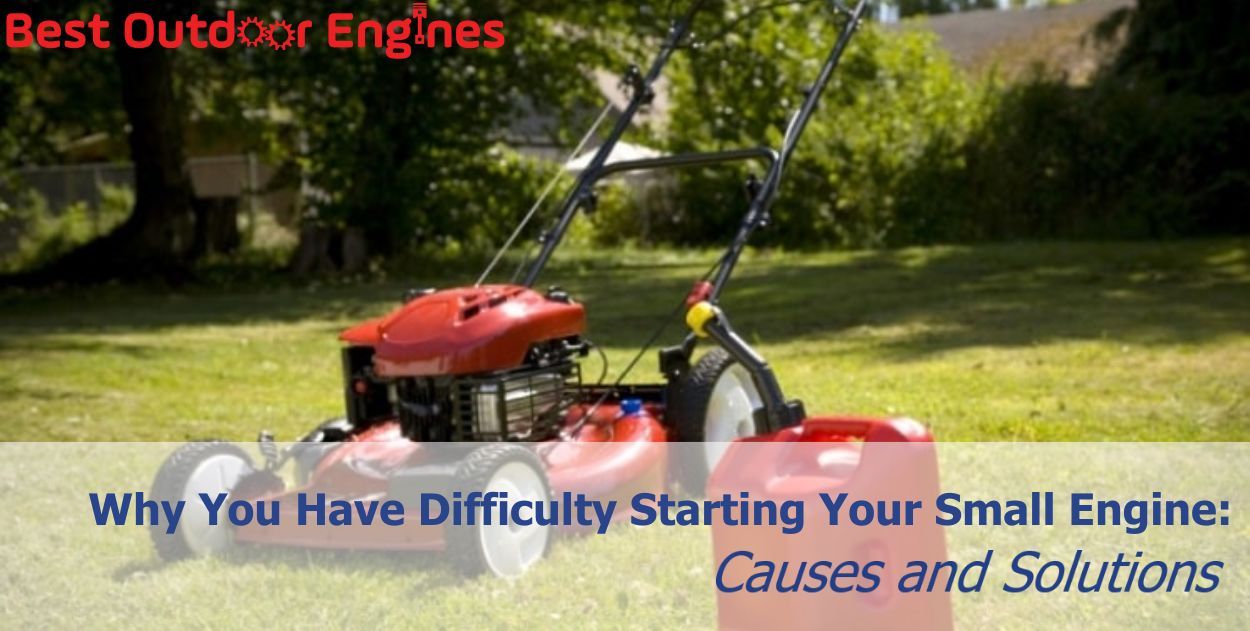How to Make Your Small Engine Quieter: Noise Reduction Guide
Dealing with a noisy small engine, whether it's on a lawn mower, generator, or other equipment, can be a nuisance not just for you but for your neighbors too. The good news is, there are several effective strategies to make your small engine run quieter.

Why is Your Small Engine so Noisy?
Small engines can be noisy for several reasons, with common factors including the design of their air-cooling systems and exhausts, and the quality of their mufflers. Air-cooled engines, for example, tend to be louder than water-cooled ones due to the absence of water channels in the engine block and head, which in water-cooled engines help dampen the noise. The operation of air-cooled engines at high speeds for extended periods also contributes to their noise levels.
The condition of the engine's components plays a significant role too. Worn engine bearings can produce a constant knocking sound, indicating a need for immediate inspection by a mechanic to prevent further damage or even total engine failure. Similarly, a damaged or failing muffler can lead to increased engine noise, as its role is to minimize exhaust noise. If the muffler is compromised, not only will the engine sound louder, but it may also lead to increased emissions and reduced fuel efficiency.
To ensure your engine operates quietly and efficiently, routine maintenance is key. One critical aspect is the carburetor's adjustment. A well-tuned carburetor will give your engine an ideal environment for air-fuel mix. This will help minimize unnecessary noise and strain on the engine.
What’s also equally important is the condition of the air filter. A clogged air filter can impede airflow, forcing the engine to work harder and, consequently, louder. Regularly cleaning or replacing the air filter can lead to quieter engine performance.
Frequent oil changes also play a vital role in maintaining a quiet engine. Over time, oil degrades and becomes contaminated with debris, leading to increased friction among the engine's moving parts. This not only raises noise levels but can also accelerate wear and tear. Therefore, changing the oil according to the manufacturer's recommendations is essential for smooth and quiet engine operation.
Lastly, the stability of engine components is crucial in noise reduction. Loose parts, especially around the muffler and its attachments, can cause vibrations that contribute significantly to engine noise. Regular checks and tightening of these parts can help dampen these vibrations, leading to a more pleasant and quieter running engine.
By adhering to these maintenance practices, you can significantly reduce engine noise, enhancing your machine's performance and longevity.
Upgrade the Muffler
The muffler is key in controlling engine noise. Upgrading to a high-quality or larger muffler can make a significant difference in noise reduction. Some mufflers are specifically designed to dampen sound more effectively without restricting engine performance.

Use Sound-Proofing Materials
Applying sound-proofing materials around the engine can help absorb vibrations and reduce noise transmission. Materials like mass-loaded vinyl, foam insulation, or sound-deadening mats can be used to line the inside of the engine housing or compartment, providing a barrier against noise.
Install a Sound Deflector
A sound deflector or barrier can redirect noise away from sensitive areas. Installing a deflector made of sound-absorbing materials around the engine or between the engine and the area you wish to protect can help minimize noise exposure.
Consider Anti-Vibration Mounts
Vibration contributes significantly to the noise level of small engines. Installing anti-vibration mounts between the engine and its frame or base can reduce the amount of vibration transmitted, leading to quieter operation.
When attempting to quiet your engine, it's essential to remember that regular maintenance is key. Properly adjusting the carburetor to ensure the correct air-fuel mixture can prevent the engine from running louder than necessary. A clean air filter is crucial for maintaining smooth airflow to the engine; a clogged filter forces the engine to work harder, increasing noise. Regular oil changes are vital as well, as old oil can lead to increased friction and noise from the engine's moving parts.
Moreover, don't overlook the importance of tightening any loose components. Loose parts, especially around the exhaust system, can lead to vibrations that contribute significantly to engine noise. Addressing these aspects not only helps in reducing noise but also extends the engine's lifespan and improves its performance. Always consult your engine's manual or a professional mechanic for specific maintenance schedules and procedures to ensure your engine runs as quietly and efficiently as possible.
Making a small engine quieter involves a combination of maintenance, upgrades, and strategic modifications. By implementing these tips, you can significantly reduce noise levels, making your equipment more pleasant to use and less disruptive to those around you. Regular maintenance, combined with specific noise-reduction strategies, can transform your noisy small engine into a much quieter, more neighbor-friendly machine.
1. Will making my engine quieter affect its performance?
Properly executed noise-reduction techniques should not adversely affect engine performance. In fact, some methods, like regular maintenance, can enhance performance.
2. Is it expensive to make a small engine quieter?
The cost can vary depending on the methods you choose. Simple maintenance and minor adjustments are cost-effective, while upgrading parts like the muffler might involve a higher upfront cost but can be worth the investment for long-term noise reduction.
3. Can I install a larger muffler on any small engine?
While upgrading to a larger muffler can reduce noise, it's essential to ensure the new muffler is compatible with your engine to avoid performance issues.
4. How often should I replace sound-proofing materials?
The durability of sound-proofing materials varies. Inspect them regularly for wear and tear, and replace them as needed to maintain effective noise reduction.
5. Do anti-vibration mounts really make a difference?
Yes, anti-vibration mounts can significantly reduce the vibrations transmitted from the engine to its frame or base, which in turn can decrease the overall noise level of the equipment.

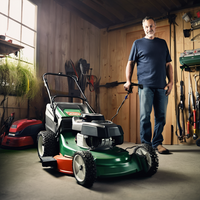
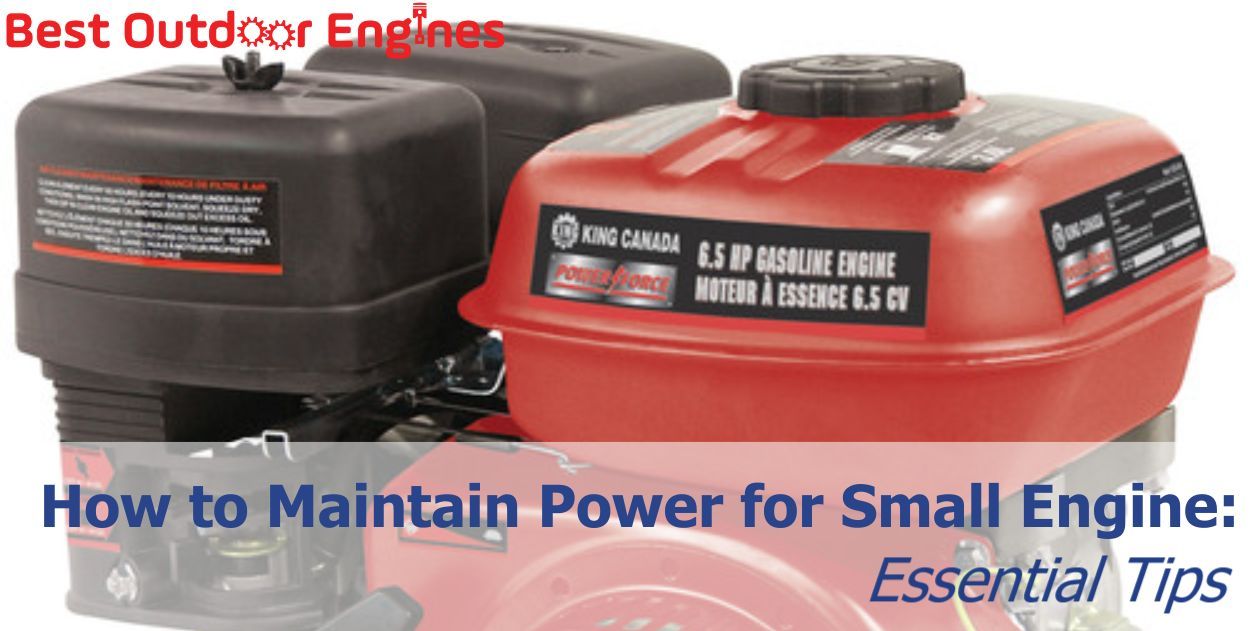
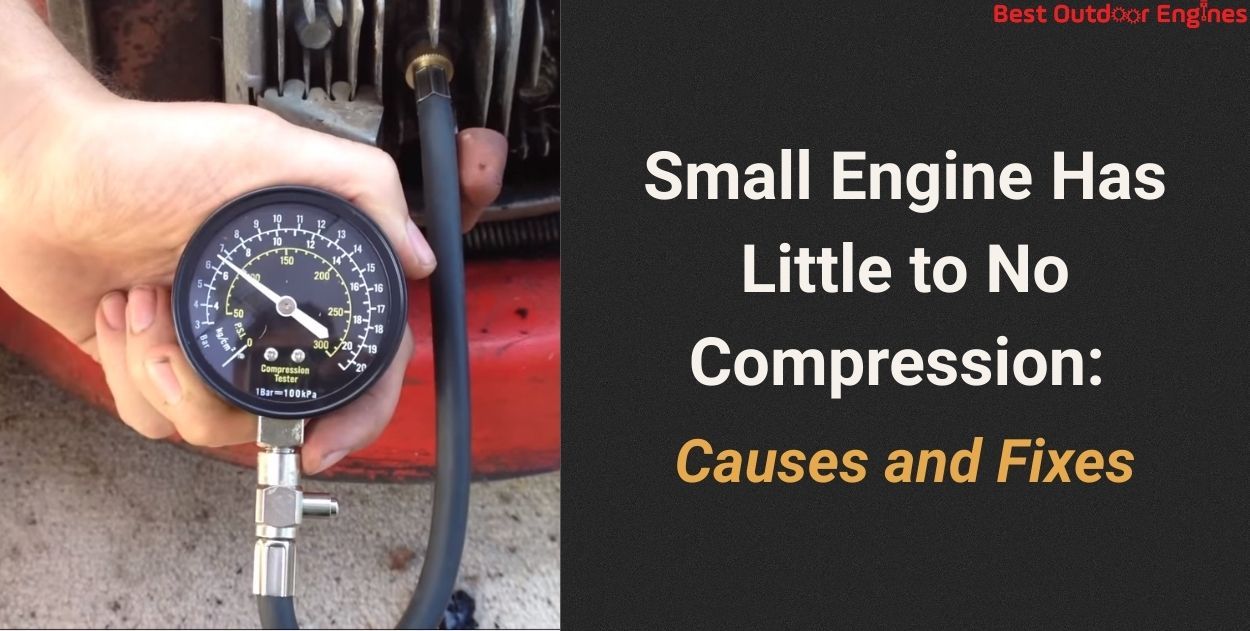
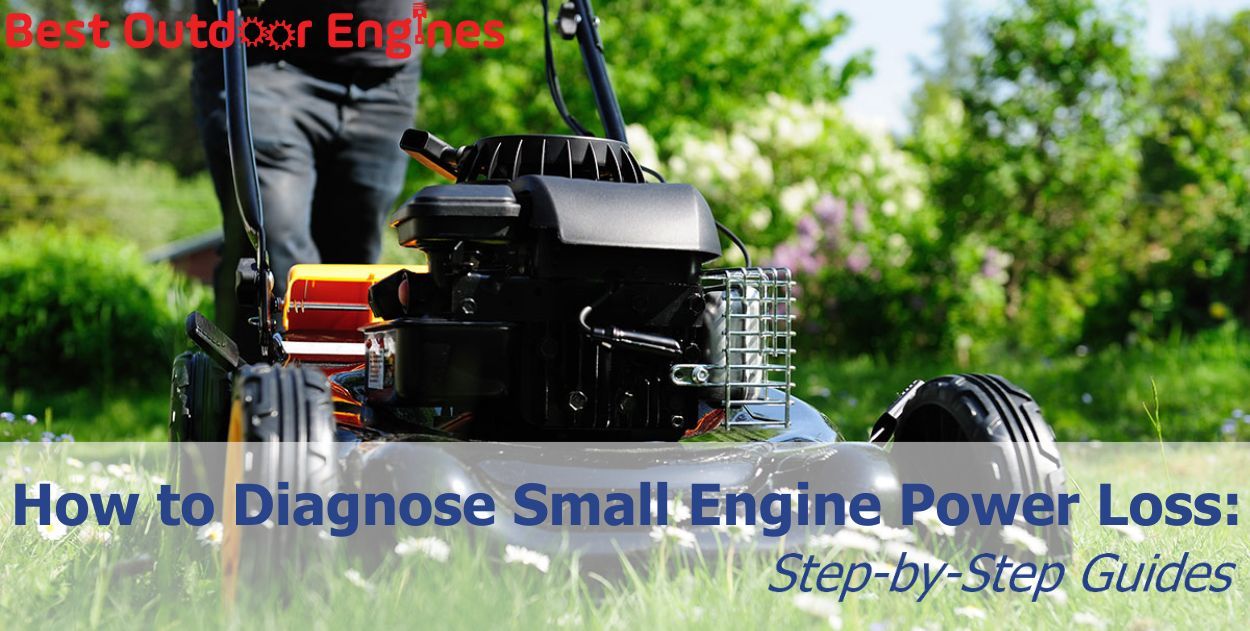

.jpg)
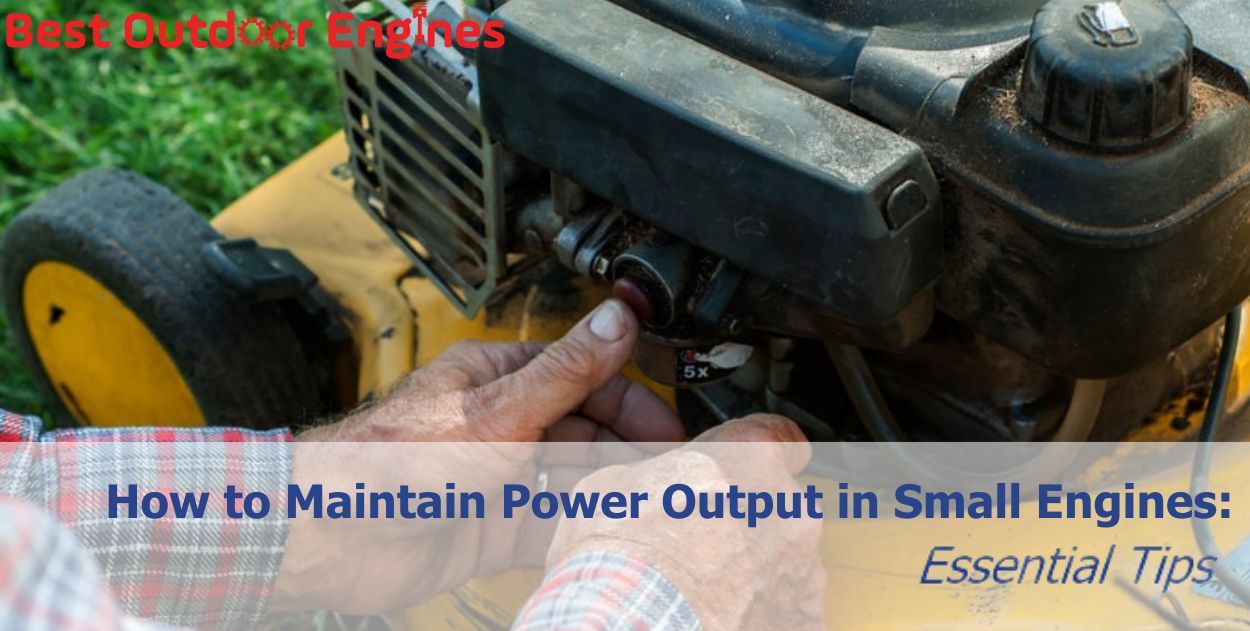
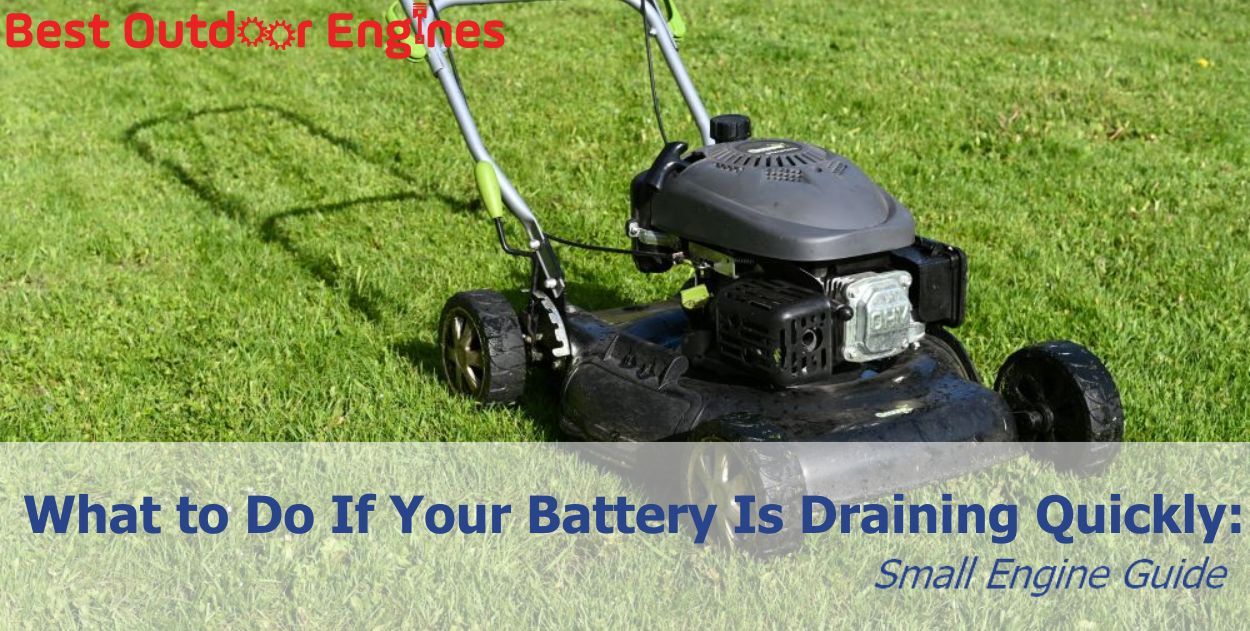
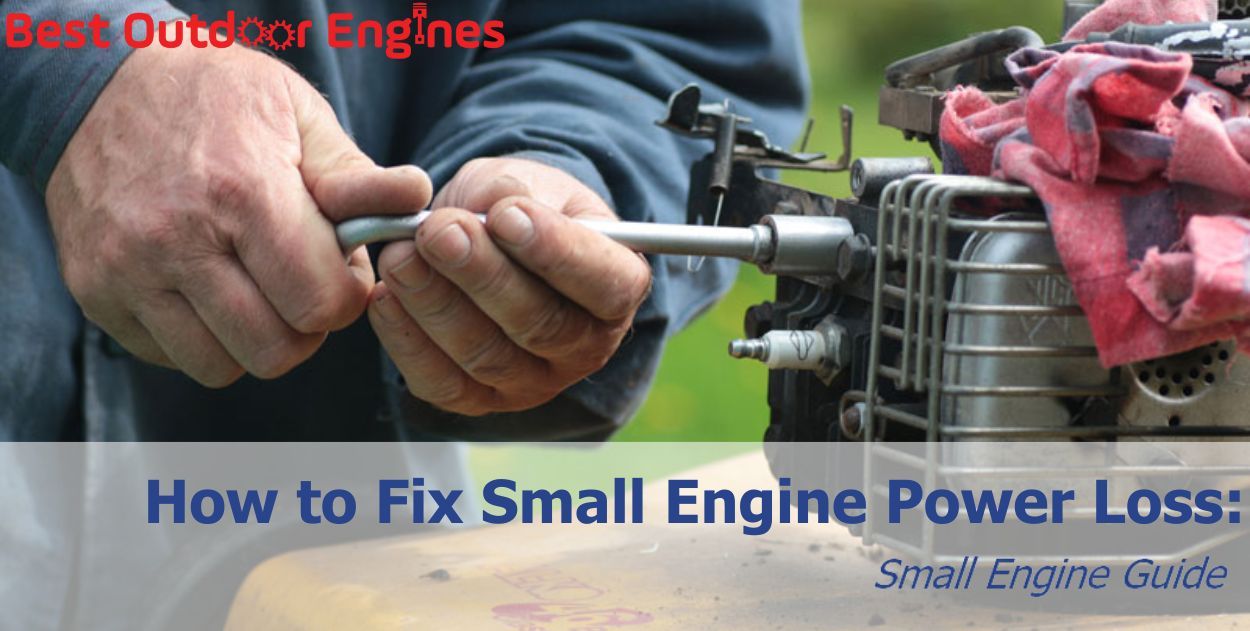
.jpg)
